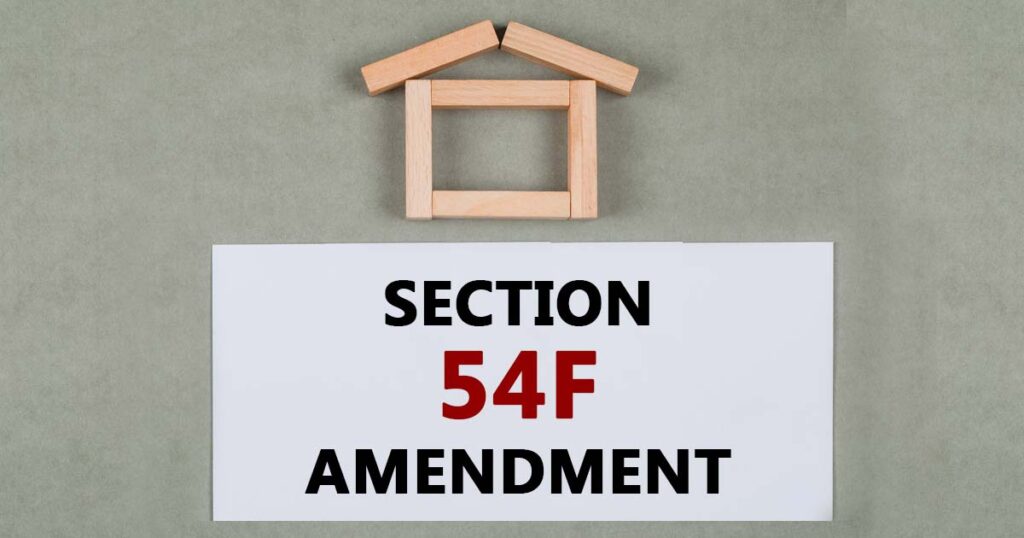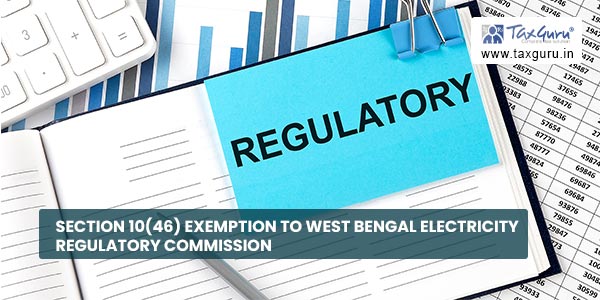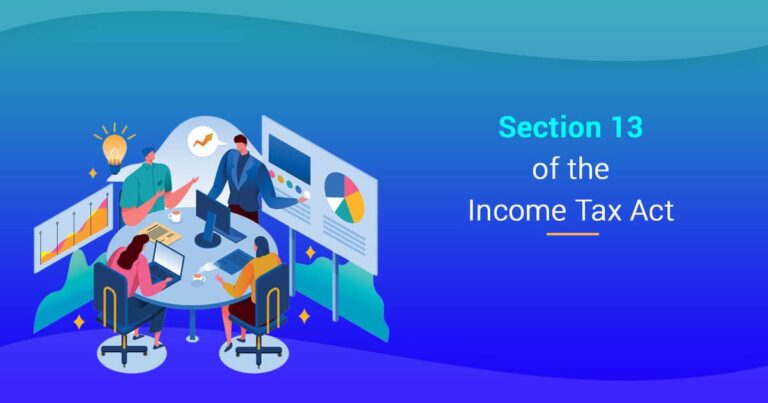When it comes to selling a long-term capital asset and reinvesting the proceeds into a residential property, Section 54F of the Income Tax Act provides a valuable exemption. This blog delves into the details of Section 54F, including eligibility, conditions, restrictions, relevant case laws, and practical tips for maximizing tax benefits.
What is Section 54F?
Section 54F offers capital gain tax exemption for individuals and Hindu Undivided Families (HUF) on the transfer of long-term capital assets, provided the proceeds are invested in a residential house. This provision encourages investment in residential properties by offering tax relief on capital gains.
Eligibility for Section 54F
Who can claim?
Individuals and Hindu Undivided Families (HUFs).
What qualifies as an eligible asset?
The capital gain should arise from the transfer of a long-term capital asset other than a residential house.
Conditions for Claiming Exemption
Investment in New Residential House:
The assessee must purchase a residential house within one year before or two years after the date of transfer, or construct one within three years after the date of transfer.
The new residential house must be located in India.
Full and Proportionate Exemption:
Full Exemption:
If the cost of the new residential house is equal to or greater than the net consideration from the original asset, the entire capital gain is exempt.
Proportionate Exemption:
If the cost of the new residential house is less than the net consideration, the exemption is available proportionately.
Restrictions Under Section 54F
Ownership Limits:
- The assessee should not own more than one residential house (other than the new asset) on the date of transfer.
- The assessee should not purchase any other residential house within one year or construct any other residential house within three years from the date of transfer.
Utilizing the Capital Gains Account Scheme (CGAS)
If the amount is not fully utilized for the purchase or construction of the new asset before filing the return of income, it should be deposited in a specified Capital Gains Account Scheme (CGAS) before the due date of filing the return under Section 139.

Taxability of Unutilized Capital Gains
- If the new asset is transferred within three years of its purchase or construction, the previously exempted capital gain becomes taxable in the year of transfer.
- If the amount deposited in the CGAS is not utilized within the specified period, it becomes taxable in the year when the period of three years from the date of transfer expires.
Key Judicial Interpretations
Timing of Investment:
Investment must be within the specified period, and substantial compliance can still allow the exemption even if minor work like fittings is pending (CIT v. Sambandam Udaykumar).
Ownership in Spouse’s Name:
Ownership in the name of the spouse or other legal heirs can qualify for the exemption if the investment is made by the assessee and the house is used for residential purposes (CIT v. Ravinder Kumar Arora).
Multiple Units:
Exemption is allowed even if the investment is in multiple units or flats, provided they are used as a single residential house (CIT v. Gita Duggal).
Commercial Use Post-Purchase:
Exemption is allowable even if the newly acquired residential house is used for commercial purposes after purchase (Navin Jolly v. ITO).
Residential Houses Outside India:
Investment in residential houses outside India does not qualify for the exemption under Section 54F post the 2014 amendment (Jugalkishor Shah v. Asst. CIT).
Legislative Amendments
1982:
Introduction of Section 54F.
1987:
Amendments for clarity and scope.
2000 & 2014:
Refinements, including limiting the exemption to investments in one residential house in India.
2023:
Introduction of a cap of Rs. 10 crores on the cost of the new asset for the purpose of exemption.
Practical Tips for Claiming Section 54F Exemption
Documentation:
Ensure proper documentation of the purchase or construction to substantiate the claim for exemption.
Utilize CGAS:
Deposit unutilized amounts in the CGAS to avoid taxation.
Compliance:
Be aware of the timelines for investment and filing returns to fully benefit from the provisions of Section 54F.
Plan Ahead:
Consider future financial needs and tax implications when deciding the timing and amount of investment in the new residential house.
Consult a Tax Expert:
Engage with a tax consultant or financial advisor to navigate complex scenarios and ensure compliance with the latest amendments and interpretations.
FAQs on Section 54F
1. Can I claim exemption under Section 54F if I already own two residential houses?
No, you are not eligible to claim exemption under Section 54F if you own more than one residential house (other than the new asset) on the date of transfer.
2. What happens if I sell the new residential house within three years of its purchase or construction?
If you sell the new residential house within three years, the previously exempted capital gain becomes taxable in the year of sale.
3. Is it mandatory to utilize the exact sale consideration for purchasing or constructing the new house?
No, it is not mandatory to use the exact sale consideration, but the exemption is proportionate to the investment made in the new residential house.
4. Can I invest the capital gains in a residential property outside India?
No, the investment must be in a residential property located in India to qualify for the exemption under Section 54F.
5. What should I do if I am unable to utilize the capital gains before filing my income tax return?
If you cannot utilize the capital gains before filing your return, you must deposit the unutilized amount in the Capital Gains Account Scheme (CGAS) before the due date of filing the return under Section 139.
6. Can the exemption under Section 54F be claimed if the new house is in my spouse’s name?
Yes, exemption can be claimed even if the new house is in the spouse’s name, provided the investment is made by the assessee and the house is used for residential purposes.
7. Is exemption under Section 54F available for renovation or modification of an existing house?
No, exemption under Section 54F is not available for renovation or modification; it is only available for the purchase or construction of a new residential house.
8. What if the construction of the new house is not completed within three years?
As long as the investment is made within the stipulated period and substantial compliance is demonstrated, minor pending work does not disqualify the exemption.
Are there any recent changes in the provisions of Section 54F?
Yes, the Finance Act, 2023 introduced a cap of Rs. 10 crores on the cost of the new asset for the purpose of exemption
10. Can I claim exemption if I start constructing the house before selling the original asset?
Yes, as long as the construction is completed within the stipulated period, starting the construction before selling the original asset does not disqualify the exemption.
Conclusion
Section 54F of the Income Tax Act is a beneficial provision for taxpayers looking to reinvest capital gains into residential properties. Understanding the eligibility criteria, conditions, and judicial interpretations can help in maximizing the tax benefits and ensuring compliance. By making informed decisions and adhering to the specified timelines, taxpayers can effectively utilize Section 54F to their advantage.
For more information on tax-saving strategies, visit Smart Tax Saver.



